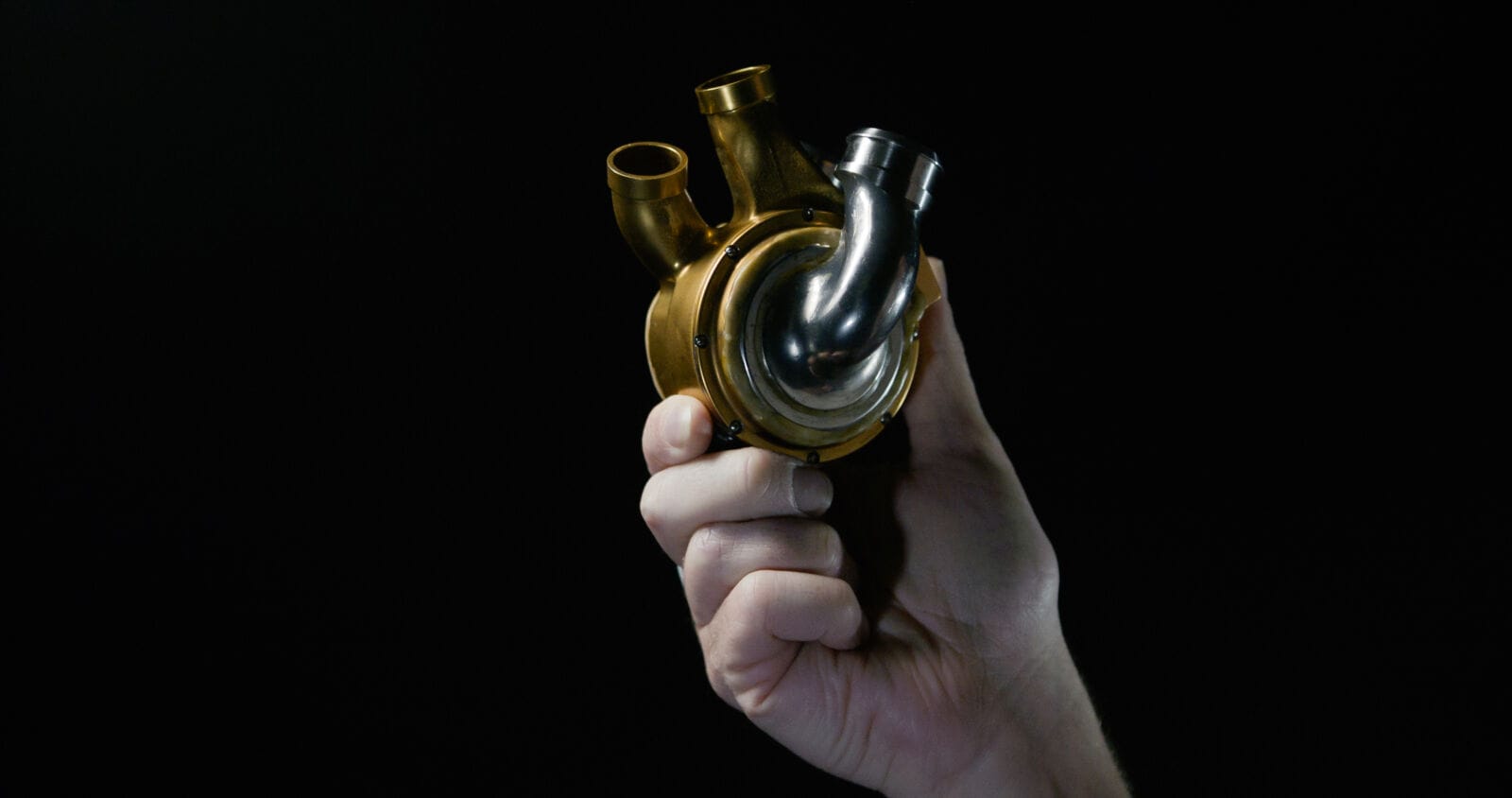Banner – University Medical Phoenix recently became the third hospital in the world to successfully implant the BiVACOR Total Artificial Heart in a human. The new artificial heart device is part of a U.S. Food and Drug Administration (FDA) early feasibility study made up of five patients to evaluate its safety and efficacy.
MORE NEWS: Most Influential Women: Amy Perry, Banner Health
Fifty-one-year-old Stephan Crudup of Tempe was implanted with the BiVACOR device in August. Crudup, who was suffering from severe heart failure, experienced a smooth recovery from the implantation procedure. He ultimately received a heart transplant after being supported by the artificial device for nearly a month.
“I’m thriving, surviving, and living better than I was with my sick heart,” Crudup said. “It’s astounding to be a part of such incredible medical research, and I’m grateful to the amazing care team that’s helped me here at Banner.”
The groundbreaking milestone was carried out by the Banner – University Medicine Advanced Heart Failure Program team under the leadership of Dr. Francisco Arabia, physician executive for the program.
“As a leading destination in the Southwest for heart transplantation, we are constantly looking for ways to advance the future of medicine and improve outcomes for our patients,” Dr. Arabia said. “The BiVACOR Total Artificial Heart is a promising device for heart failure patients, and we’re proud to be on the forefront of investigating its performance for this landmark study.”
More than 120 people were trained for the study, including experts from areas including:
• Ventricular Assist Device/Mechanical Circulatory Support team
• Cardiovascular Operating Room
• Physicians and nurse practitioners from the cardiovascular intensive care unit, the progressive care unit, the ICU, artificial heart, heart failure, pre- and post-transplant teams
• Physical therapy, occupational therapy, rehabilitation, speech pathology
Total artificial hearts are used as a bridge-to-transplant for patients with severe heart failure, helping to keep them alive as they await a donor heart. The BiVACOR device is made of titanium and features a blood pump with a single moving part, which helps to pump blood and replaces the ventricles of the failing heart. It is also smaller than other total artificial hearts currently on the market and can provide enough cardiac output for an adult male undergoing exercise. Its magnetic levitation technology uses the same principle as high-speed trains.
Heart failure is a global epidemic affecting at least 26 million people worldwide, 6.2 million adults in the United States and is increasing in prevalence. Heart transplants are reserved for those with severe heart failure and are limited to fewer than 6,000 procedures per year globally.
Consequently, the U.S. National Institutes of Health estimated that up to 100,000 patients could immediately benefit from mechanical circulatory support.
The successful implant of the TAH device highlights the potential for innovative technologies to address critical challenges in cardiac care, such as long transplantation waitlists.
To learn more about the device, visit https://bivacor.com.




